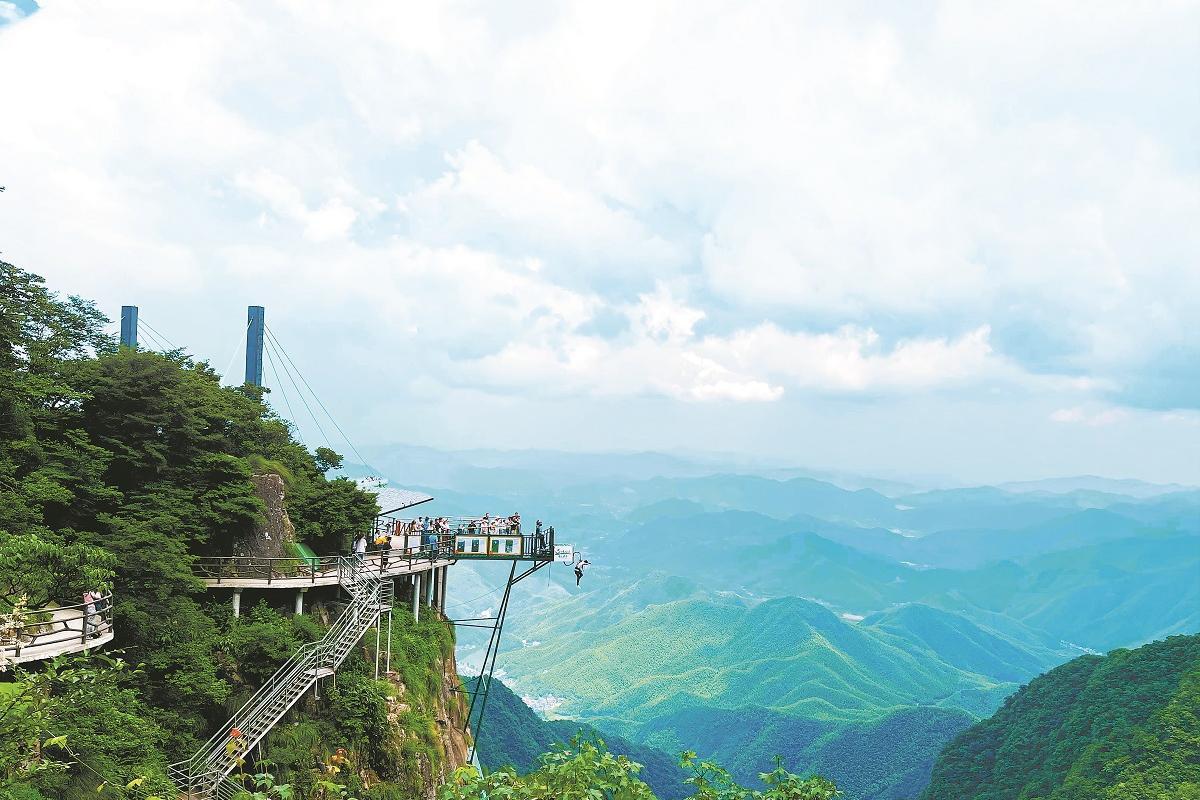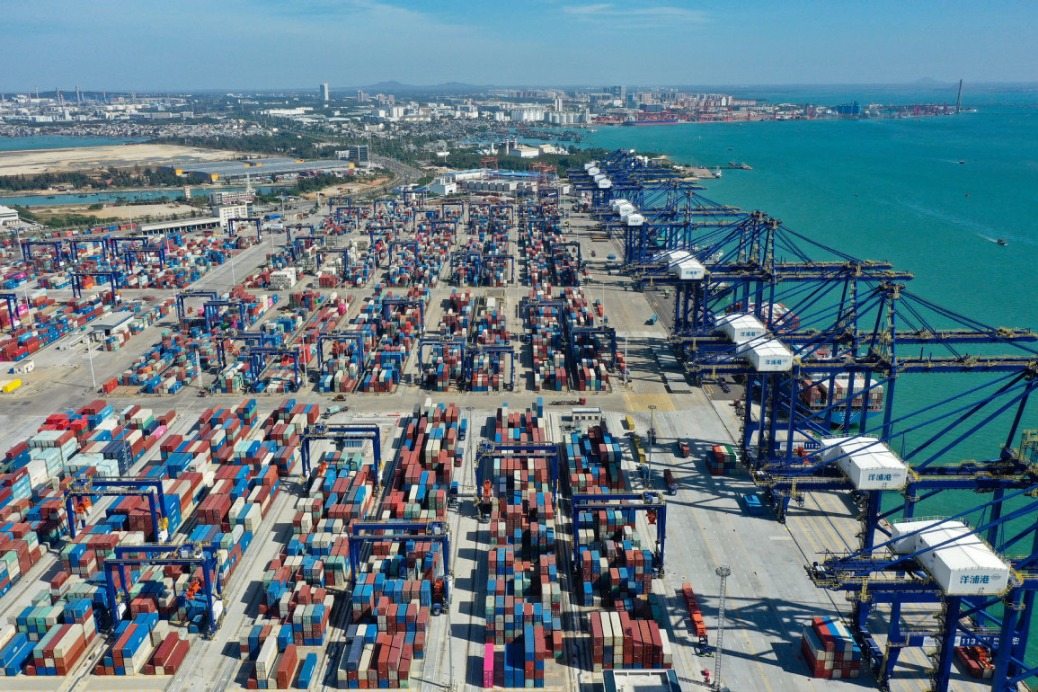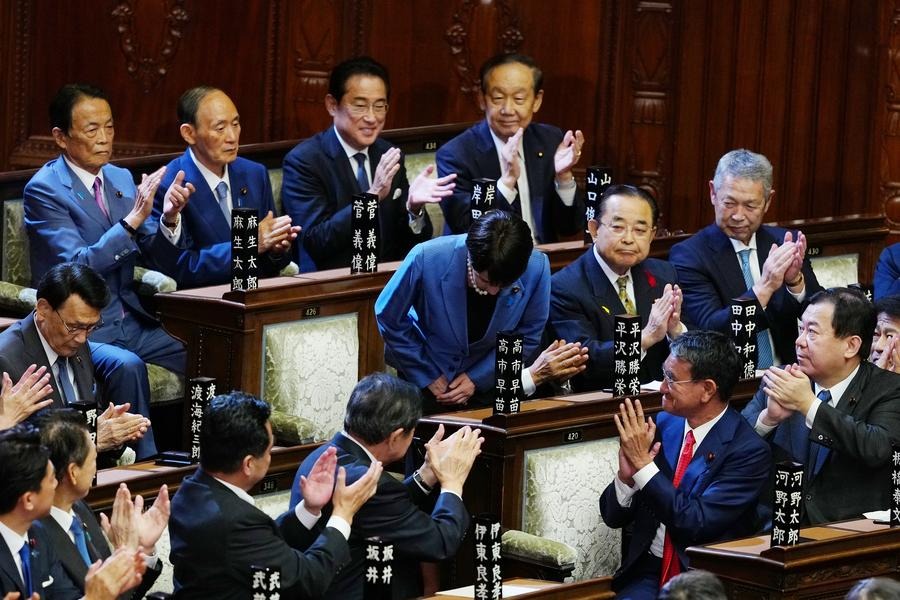Japan's cost-cutting water plan: China Daily editorial


Citing multiple professional authorities, the Chinese Ministry of Foreign Affairs expressed the country's "grave concern" over the Japanese government's decision on Tuesday to discharge radioactive water from the damaged Fukushima nuclear plant into the sea.
Speaking from the perspective of a close neighbor and stakeholder, the ministry said Tokyo's unilateral decision, "before exhausting all safe ways of disposal and without fully consulting with neighboring countries and the international community", was "highly irresponsible".
Warning Tokyo of further Chinese reactions, it strongly urged it to "refrain from wantonly discharging the wastewater before reaching consensus with all stakeholders and the International Atomic Energy Agency through full consultations".
How to dispose of the radioactive wastewater may appear to be entirely a domestic decision to policymakers in Tokyo. But, as the Chinese Foreign Ministry said, it is "not merely a domestic issue for Japan", because discharging the contaminated water into the sea, even after filtering and diluting it, will almost inevitably result in collateral damage for neighboring countries, even those on the other side of the Pacific Ocean.
Although Japan claims that the water disposal method it chose is both technically feasible and in line with international practice, as controlled water discharges into the sea are routinely used by operating nuclear power plants, the large volume of water at the Fukushima plant is unprecedented.
The Chinese Foreign Ministry referenced an earlier German study which conducted simulations showing that radioactive materials in water released from Fukushima could spread to most of the Pacific within 57 days, and would be found in all the oceans in a decade. Even if the density of hazardous elements in the discharge is reduced to "safe" levels through filtering and diluting as the Japanese government claims, the impacts of their long-term accumulation remain unknown at this point. After all, some of the elements are expected to remain active and harmful for thousands of years.
The truth is, even before such substantial discharge, Japanese authorities have repeatedly monitored high doses of radioactive elements in fish caught in the vicinity of the Fukushima nuclear plant far exceeding Japanese safety levels.
Given the strong ocean currents near Fukushima, it is indeed hard to tell what the Japanese government's decision means to the global marine environment. Considering the sensitivity of the issue, the only sensible, responsible way is for Japan to approach the matter on the basis of proper consultation with regional stakeholders in an open and transparent way. Doubts concerning the Japanese government's claims about the safety of the water after treatment are natural given that the plant operator Tokyo Electric Power Company admitted in 2018 that it had not filtered all dangerous materials out of the water, despite asserting for years that it had.
China is not the only country to have raised concerns about Japan's plan. The Republic of Korea has also expressed its opposition to the move. And the list will likely become longer, as despite the IAEA saying that its cooperation and presence will help build confidence that the water disposal will be carried out without an adverse impact on human health and the environment, few people believe that will be the case, and there are many who doubt the Japanese government will act above board.

































